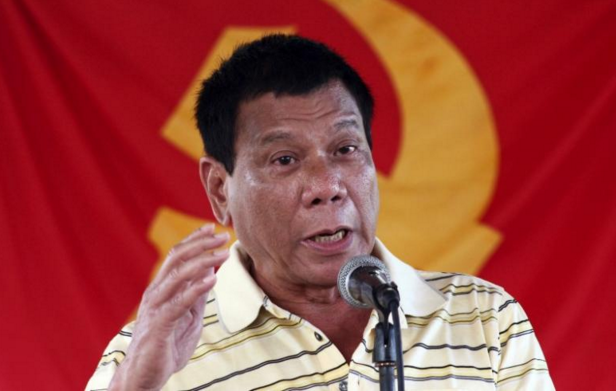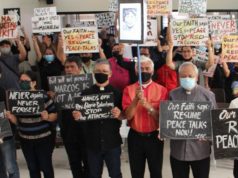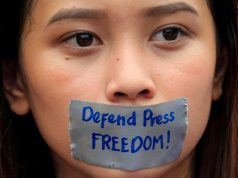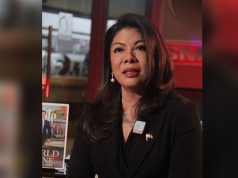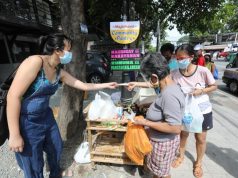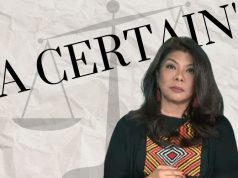MANILA, Philippines – The government cannot boast of having released the “majority” of political prisoners because there are almost as many behind bars today as the 411 whose names were submitted to then President-elect Rodrigo Duterte in May last year, communist rebels said.
The National Democratic Front of the Philippines (NDFP), which represents the communists in their peace talks with the government, said only 39, or less than 10 percent of the original list of 411 political prisoners, had been released thus far.
They are composed of 19 individuals, who were freed in consideration of JASIG and CARHRIHL (the Joint Agreement on Security and Immunity Guarantees and the Comprehensive Agreement on Respect for Human Rights and International Humanitarian Law), 16 released based on the merits of their respective cases, and four others, who got out of detention through grant of pardon.
This does not include one prisoner, farmer Bernabe Ocasla, who died in jail in November last year.
Meanwhile, the NDFP said, the Duterte administration had arrested 39 more political prisoners, bringing the current number of political prisoners to 410.
Among the 39 recently arrested are three NDFP consultants who are supposedly covered by the JASIG: Ferdinand Castillo, Rommel Salinas, and Promencio Cortes.
The NDFP negotiating panel said it had released the figures “to make … factual clarifications in the face of repeated claims by the Government of the Republic of the Philippines that the majority of the political prisoners listed by the NDFP have already been released.”
This also came in the wake of threats by Duterte to arrest Philippine-based NDFP negotiators and consultants on their return to the country after the cancellation of the fifth round of formal talks in The Netherlands, which were supposed to open on May 26.
The cancellation came after the government peace panel refused to participate over an order by the Communist Party of the Philippines for the New People’s Army to intensify attacks following Duterte’s declaration of martial law in Mindanao.
Government negotiators said martial law, declared after clashes broke out between government forces and the Maute group in Marawi City, did not target the communists. However, the rebels pointed to statements by defense and military officials that included them among the problems martial law was intended to address.
The NDFP said in August 2016 that 19 political prisoners – 17 consultants covered by the JASIG and two others released on humanitarian grounds – were freed.
These are: Tirso Alcantara; Concha Araneta; Ariel Arbitrario; Renato Baleros; Kennedy Bangibang; Alexander Birondo; Winona Birondo; Pedro Codaste; Renante Gamara; Eddie Genelsa; Alan Jazmines; Ernesto Lorenzo; Loida Magpatoc; Alfredo Mapano; Ruben Saluta; Adelberto Silva; Benito Tiamzon; Wilma Tiamzon; and Porferio Tuna.
However, “three other JASIG-protected persons were not released then and are still in detention now,” according to the NDFP. They are Eduardo Sarmiento, Emeterio Antalan and Leopoldo Caloza.
“In the 9 October 2016 Oslo Joint Statement signed by the parties after the second round of formal talks, the GRP agreed and committed to expedite their release through pardon,” the NDFP said. “Therefore, their continued detention is both a blatant violation of the JASIG and in betrayal of trust and GRP’s express commitment.”
The NDFP said that after August 2016 “16 more political prisoners were released from detention based on the merits of their respective cases, including one who over-served his sentence” while “ four additional political prisoners were given pardon in December 2016,” even as it pointed out that “their applications for pardon were initially approved during the time of Gloria Macapagal-Arroyo but were only signed by the current regime with the revival of the Presidential Committee on Bail, Recognizance, and Pardon.”

